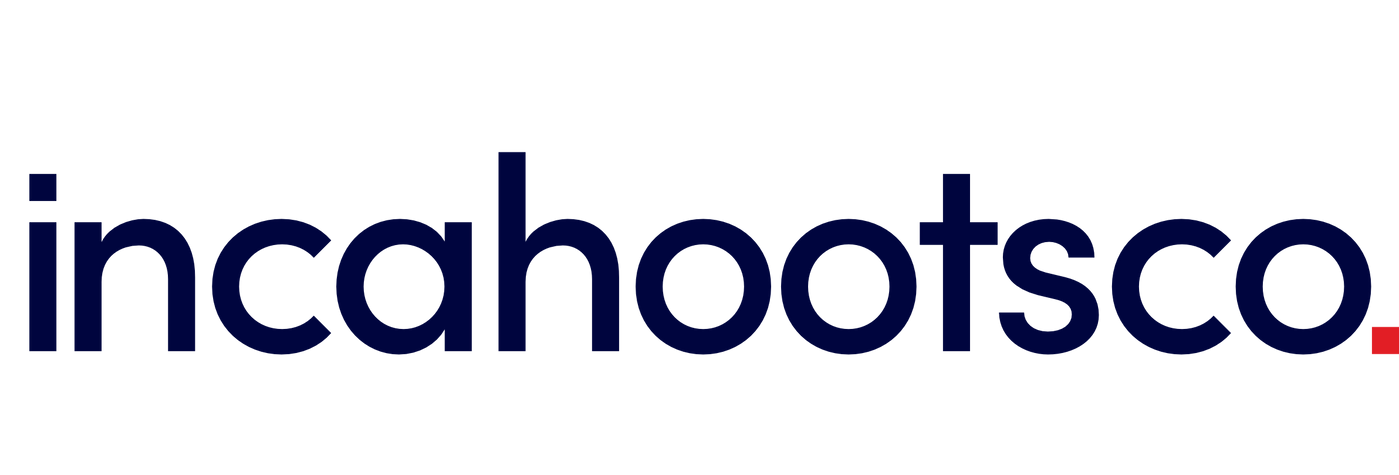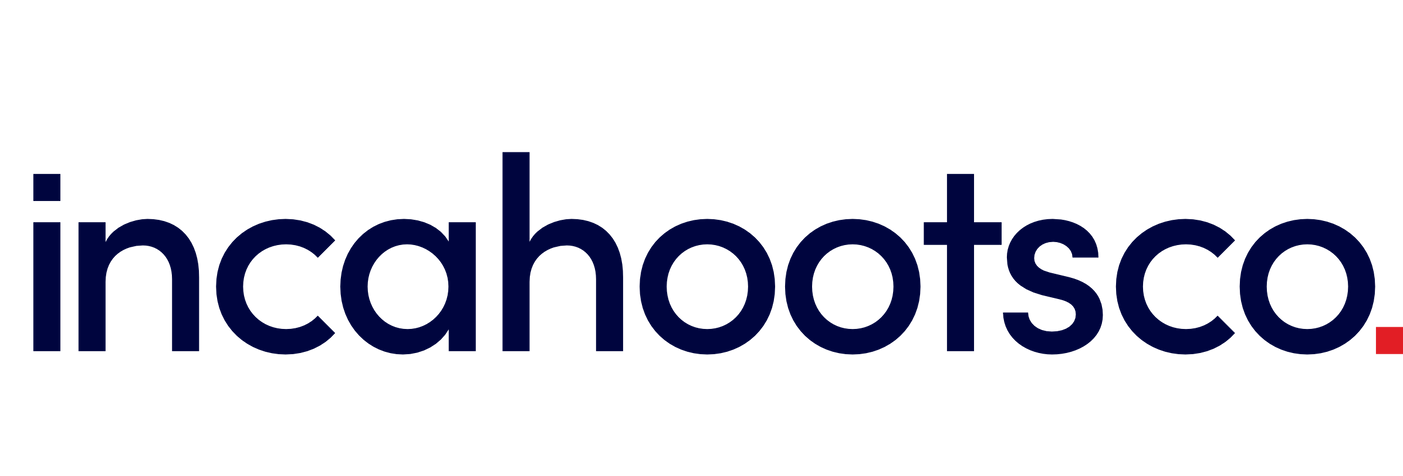Be seen. Be heard. Be found.
Domain registration, website hosting and business email. What’s the difference?
For a busy business owner, it can be easy to get confused between all the different elements required to not only bring a website online, but to keep it online.

Put simply, while all are closely related, there are some key differences. First things first … let’s talk about your domain. People can’t find your website without one!
What is a domain? 3 key points
- Domain registrars: This is the entity that provides you with a domain name (ie www.yourbusiness.com.au). It’s how people find you on the internet! In this way, think of it as a street address that helps people find you online … pointing them in the right direction. It’s not the actual house (ie your website), just an address to help people get there. Domain registrars store your registration information but do not host the content on your website. Domain registration is typically a yearly renewal process.
- You can have email addresses attached to a domain, which is what you come across everyday (ie bill@yourbusiness.com.au). Your actual email data will live on a server somewhere hosted by an email provider (like Office 365 or your website hosting partner if they offer this service).
- Business email addresses are separate from your website. Some hosting providers offer services to setup business email for you (quick note … Ipswich Websites/In Cahoots Co doesn’t provide this service however can point you in the right direction). Depending on the number of email addresses required and your staff numbers, it may be best to engage a managed IT services company.

There are many registrars in Australia, both locally and internationally owned (Think GoDaddy or Crazy Domains). Many DIY web builders like Wix or Squarespace will also offer you a service to register a domain.
Website hosting. Where your website content actually ‘lives’ ...
So, you’ve secured a unique domain name for your business and now you need to point it towards your awesome new website. How does that work? This is website hosting.
Your website content ‘lives’ on a server. This is a space that is provided to you to store all website content (files, photos, videos, code etc). When you build a new website with Ipswich Websites or In Cahoots Co, we become your web host.
This is what you are paying for when you receive a monthly/yearly hosting bill … you’re paying ‘rent’ to provide a home on a server for your website data. Once your website is built, your website designer will ask you for your hosting details so they can link your domain to your website. It’s like building a house on a vacant block of land with a street address. You have an address; you’ve built the house and once you share the address people can find and visit you.
A recap
- Your domain registration ( eg www.yourcompany.com.au) is an address to help you be found online. You can also attach email addresses to a domain.
- Your website host provides a space on a server for your content to live (eg your website). Once the website is built, it’s pointed towards your domain! (www.yourcompany.com.au). All data on the internet lives on a server somewhere. The buzzword ‘cloud’ is just another name for a server 😊
Clear as mud? We hope that helps you understand the difference between domains and website hosting. As always, if you have any questions, please do not hesitate to reach out to our team.
We're In Cahoots Co! An Ipswich Digital Marketing agency that helps you be seen, heard, found and known in a competitive digital world. Connect with Alli Grant or Ben Hayward today for an obligation free chat!
SEARCH ARTICLE
RECENT POST:
Helping your business Thrive with AI.















